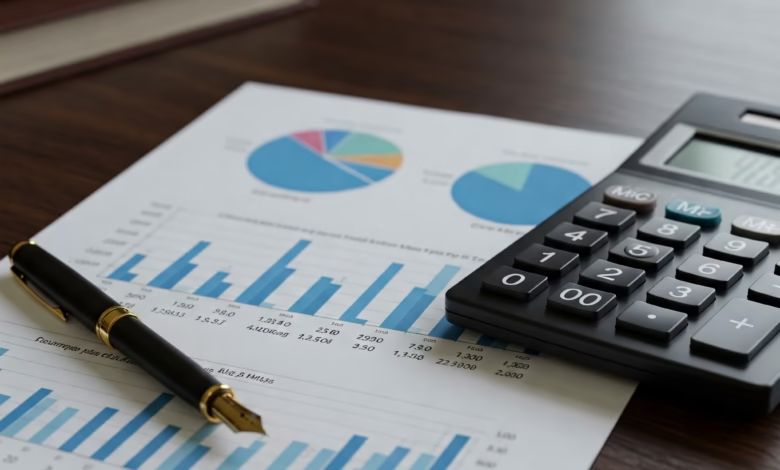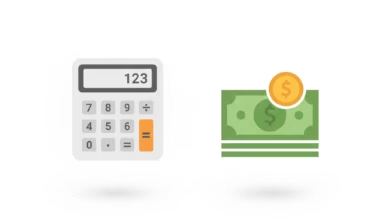Do you know what the Derivatives Market is?
Learn what the Derivatives Market is and how it works

Understanding the intricacies of the financial world can sometimes feel like navigating a maze filled with complex jargon. Among these concepts, the derivatives market often stands out as particularly enigmatic. But fear not! This guide will illuminate what derivatives are, how they function, and why they play a crucial role in the global financial landscape.
What Exactly Are Derivatives? Unlocking the Basics

At its core, a derivative is a financial contract whose value is derived from an underlying asset or benchmark. Think of it like a ticket to a concert – its value depends entirely on the actual concert happening. Similarly, the value of a derivative fluctuates based on the price of the underlying asset, which could be stocks, bonds, currencies, commodities (like oil or gold), interest rates, or even market indexes.
Instead of directly buying or selling the underlying asset, you’re trading a contract that represents its future value or performance. This might sound abstract, but it’s a powerful tool used for various financial strategies.
The Mechanics Behind Derivatives: How Do They Work?
Derivatives come in various forms, but some of the most common include:
- Futures Contracts: These are agreements to buy or sell an asset at a predetermined price on a specific future date. Farmers, for instance, might use futures to lock in a price for their crops before harvest.
- Options Contracts: An option gives the buyer the right, but not the obligation, to buy (call option) or sell (put option) an underlying asset at a specific price (strike price)1 on or before a certain date.
- Forward Contracts: Similar to futures, forwards are customized agreements between two parties to buy or sell an asset at a future2 date and price. However, they are not traded on an exchange.
- Swaps: These are agreements between two parties to exchange cash flows based on different underlying assets or interest rates. For example, two companies might swap fixed-rate interest payments for floating-rate payments.
The prices of these derivative contracts are constantly changing based on the supply and demand for the contract, expectations about the future price of the underlying asset, interest rates, and the time remaining until the contract expires.
Why Are Derivatives Important? Exploring Their Key Functions

Derivatives serve several vital functions in the financial system:
- Hedging Risk: This is one of the primary uses of derivatives. Companies and investors can use them to protect themselves against potential losses from adverse price movements. For example, an airline might use fuel futures to hedge against rising jet fuel costs.
- Price Discovery: The trading of derivatives provides valuable insights into the market’s expectations about future prices of underlying assets. This information helps in price discovery and makes markets more efficient.
- Speculation: Traders can use derivatives to bet on the future direction of asset prices. While this can lead to high returns, it also involves significant risk.
- Market Efficiency: Derivatives can make it easier and cheaper to trade certain exposures compared to directly trading the underlying assets, thus enhancing market liquidity and efficiency.
Navigating the Derivatives Market: Key Considerations
While derivatives offer numerous benefits, it’s crucial to understand the associated risks:
- Leverage: Derivatives often involve leverage, meaning a small price movement in the underlying asset can result in significant gains or losses on the derivative contract.
- Complexity: Some derivative products can be highly complex and require a deep understanding of financial markets.
- Counterparty Risk: In over-the-counter (OTC) derivatives, there’s a risk that the other party to the contract might default on their obligations.
Embracing the Power of Derivatives with Caution

The derivatives market is a sophisticated and integral part of the global financial system. While it might seem daunting at first, understanding its fundamental principles can empower you to grasp how businesses and investors manage risk and speculate on future market movements. However, due to their inherent complexities and risks, it’s essential for individuals to approach derivatives with caution and a thorough understanding of their mechanisms.





